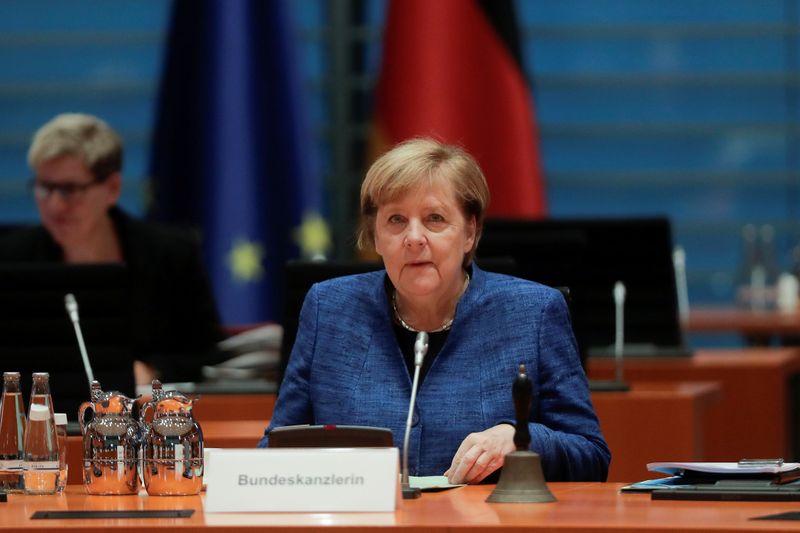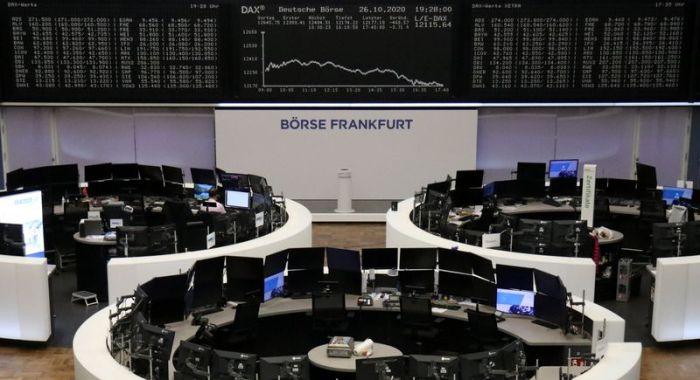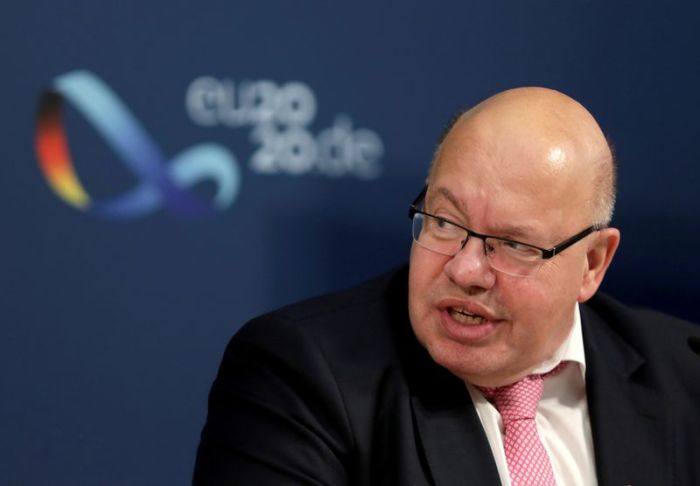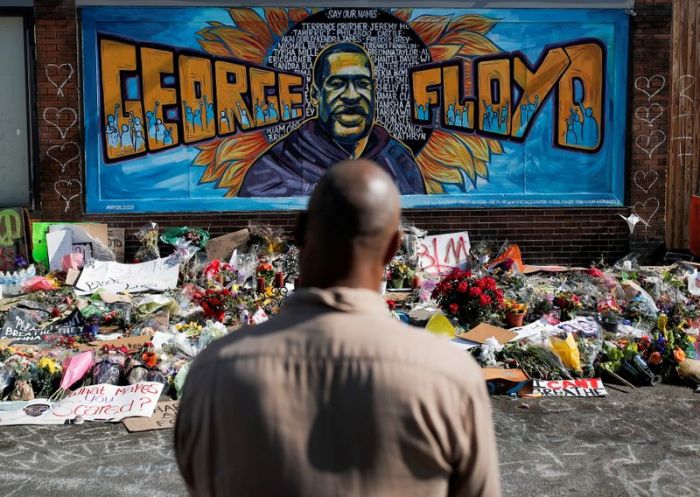BERLIN (Reuters) – Chancellor Angela Merkel has warned that Germany’s health system could hit breaking point if coronavirus infections continue to spiral, ahead of a meeting to decide on new restrictions to break the second wave of the pandemic.
Mass-selling daily Bild reported that Merkel told a parliamentary group meeting that the number of newly infected persons is doubling every seven to eight days, while the number of occupied intensive care beds is doubling every 10 days.
“It just needs to double again four more times and the system will be at a breaking point,” Bild quoted Merkel as saying, citing participants in the meeting, adding Merkel wanted to reduce the number of contacts people had.
On Monday, Bild reported that Merkel was planning a “lockdown light” which would mainly focus on the closure of bars and restaurants as well as restrictions on public events.
Earlier, Economy Minister Peter Altmaier said Germany is likely to reach 20,000 new infections a day by the end of the week. “We are dealing with exponential growth. In Germany the number of new infections is rising by 70-75% compared to the week before,” he said.
Germany, widely praised for keeping its infection rate much lower than other major powers in the initial phase of the crisis in the first half of this year, now confronts a faster new upswing in cases than expected, spurring Merkel to advance to Wednesday talks with state leaders on additional curbs.
Merkel said at the end of September there could be 19,200 coronavirus cases per day in Europe’s largest economy, by Christmas, which was deemed a pessimistic scenario at the time.
On Tuesday, the number of cases rose by 11,409. That compares with 6,868 cases a week ago and with the daily record 14,714 reported on Saturday.
Finance Minister Olaf Scholz said the increase in new infections was “very worrying,” and authorities had to quickly implement “targeted, temporary and focused” measures as uniformly across Germany as possible.
“So far, our country has fared quite well during the coronavirus pandemic and it will be decided in the coming weeks whether it will stay that way. It’s in our hands,” Scholz said.
Bavarian state premier Markus Soeder said he anticipated difficult talks and pleaded for decisive national measures to avoid prolonging economic pain and damaging mental health over the winter. He said the priority would be to keep schools and kindergartens open for as long as possible.
Altmaier said rising infections across Europe and corresponding curbs on daily life would make it harder for economic growth to rebound as quickly as previously hoped.
(Additional reporting by Michael Nienaber and Thomas Seythal; Editing by Mark Heinrich)
























